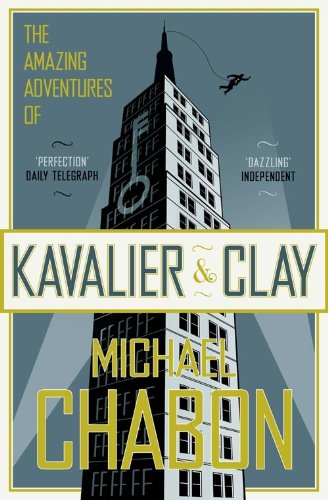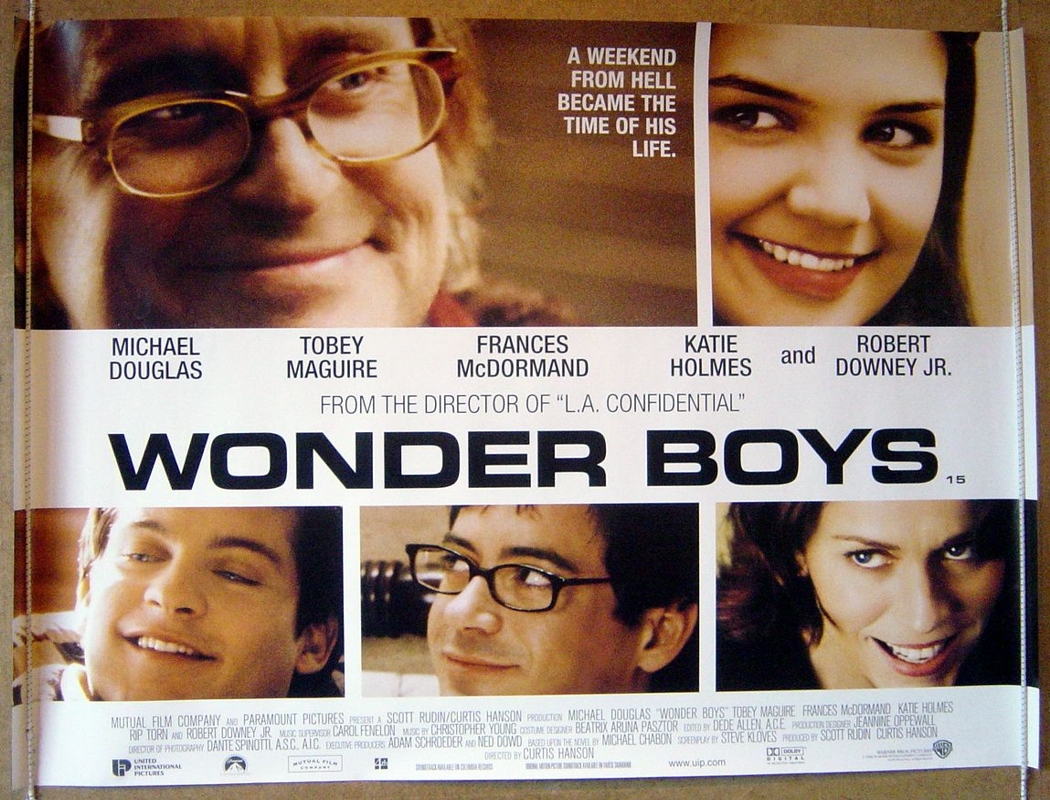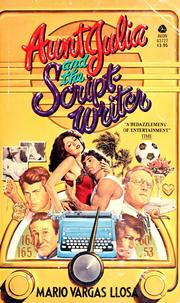Books I wish I could read for the first time (again)
I’m drifting a bit away from YA and Middle Grade books with this post. I was chatting to an American friend of mine the other day and somehow Michael Chabon came up, I think we were talking about The Golem, you know how you do, over coffee. Anyway, he said he’d never read the Amazing Adventures of Kavalier and Clay and I rambled on to him for ages about what an amazing book it was and how I’d discovered it by accident and then read it frantically and then read it again and it was still really good but not as good as the first time etc etc. He nodded and promised to read it, probably just to shut me up and stop me being so irritatingly evangelical, but it did make me think, what other books made that much of an impact on me that I wish I could forget I’d read them and rediscover them all over again? My dad is a huge Patrick O’Brien fan, and his memory is so bad that by the time he’s got to the end of Blue at the Mizzen (book 20) he’s forgotten what happened in the other 19 so he can just start all over again. Most of us can’t do that though, so I felt a list should be listed. I decided that my arbitrary classification process couldn’t contain books you just loved reading over and over again, it had to be books that you loved so much when you first read them, that they couldn’t help being a tiny bit less good second or third time around.
So, The Amazing Adventures of Kavalier and Clay is by the American novelist Michael Chabon, and tells the story of two comic book artists who are cousins and meet in New York when Josef Kavalier has escaped from Prague. They discover a mutual interest in, and talent for, comics, and create a character called ‘the escapist’ who is a sort of Houdini figure who fights the Nazis.
But it’s the ‘soapy’ element of the story that keeps you reading. The love affairs, the wit, the humanity and the humour (Wonderboys, another of Michael Chabon’s books is a laugh out loud novel and a fantastic film – Katie Holmes, a pre-Spiderman Tobey McGuire, a pre-Iron-man Robert Downey Jr, and a Michael Douglas career best) .
Kavalier and Clay definitely bears a second reading, but this is such a beautifully realised and painted world that you will never get the same can’t-put-it-down-ness again.
Carter Beats the Devil is a first novel by Glen David Gold, and I doubt he will ever better it. This also bears repeated reading, but because it’s about a conjuror and a magician, the twists make you gasp and inevitably they are less jaw-dropping the second time around.
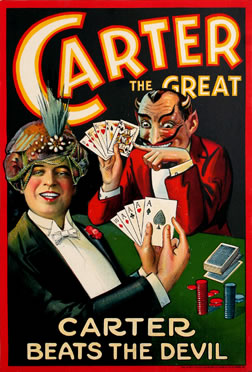
I can’t really tell you anything about it, except to say that it shouldn’t work! It’s a book about a visual medium (magic) but it manages to put you there, rather than just feeling like reportage. In the same way that Patrick Suskind’s Perfume makes you smell stuff, this makes you see the impossible. Fabulous.
Aunt Julia and the Scriptwriter is by Mario Vargas Llosa, the Peruvian winner of the Nobel prize for Literature in 2010. It’s broadly a sort of coming of age story, with Mrs Robinson overtones, but what makes it extraordinary are the soap opera plots which intersperse and overlap with the straight narrative.
Anything else I say will give too much away, but the first time I read this I thought the writer’d made a genuine mistake. I pressed on feeling smug and very quickly realised this was no mistake, just a beautifully, delicately and intricately plotted exploration of a gradual mental disintegration through the medium of schlocky soap operas. Intrigued? You should be. it’s Brilliant.
The Mysterious Benedict Society – Trenton Lee Stewart. I have talked about this series elsewhere as it is one of my favourite middle grade trilogies. However, for the purposes of this list, only the first in the series will do. It has such a spectacular revelation about one of the main characters that I burst out laughing. It’s been staring you in the face but you just haven’t seen it. Well I hadn’t anyway. We are all completely beside ourselves (Karen Jay Fowler) pulls a similar trick, but she does it about a third of the way in rather than waiting for the end. Read both, you won’t be disappointed with either of them.
Keeper by Mal Peet is also YA, but like all his books, is every bit as complex, well written and beautifully observed as any of the others on this list. It’s the story of a goalkeeper in South America and that’s all I’m going to say. I’ve raved elsewhere about Mal Peet, all his books are favourites for different reasons, Keeper is a mystery right up to the end. And a climate change parable. And a football book. All in one.
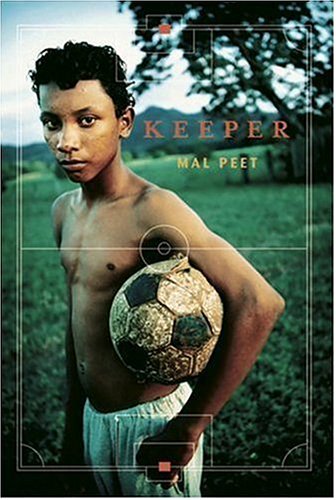
When I asked my 16 yr old daughter for a suggestion for this post, she instantly said Harry Potter. Her point was that it would be brilliant to be able to get to know that world as a 16yr old rather than as a 6, 7, 8 or whatever year old. I’m inclined to agree – I didn’t read it until I was mid 30s and I loved it. I’ve never gone back to it, but my daughter still does. Again and again.
Northern Lights and it’s sequel The Subtle Knife – both by Philip Pullman. I threw the first one onto the floor in my rush to get to the second. One of those fabulous moments where you don’t need to worry about finishing a book because you know there’s a sequel. So imagine my fury when it was about someone else! in a different place! But actually, once you get into it, you forget how much you loved the first one because the second one has all the best bits of book 1 with extra amazing stuff. Therefore, it’s even better.
The Strange case of Dr Jekyll and Mr Hyde – Robert louis Stevenson. The twist in this book is so familiar now that Jekyll and Hyde has passed into the vernacular and become a cliche. But imagine how amazing it would be to go back and read this for the first time, with no idea what was coming? How quickly would you guess? Impossible to say really, but I’d love to find out. Also, with no Dr Jekyll, would we have Fight Club?
Murder on the Orient Express – I guess we can use this as shorthand for every detective story with a killer twist. Hercule Poirot explaining to a packed drawing room/railway carriage/ballroom exactly how the murder was committed. But to play with our logical assumptions that it’s only ever one killer, is just plain clever. Simple, elegant and an ‘of course!’ moment which can never be fully recaptured. Great film as well – what an amazing cast (https://www.youtube.com/watch?v=u0ykCP1AYlk)
Gone girl, Girl on the train, before I go to sleep etc – I’m afraid they all get bracketed together. They are psychological thrillers, they always have a twist, and once you’ve read them once you’ll never pick them up again. At least I won’t. For years I worked at ITV and we were always looking for this kind of story to turn into a 2 x 90 minute drama. There had to be a massive twist half way through so that the audience would come back the next night. The bigger and more ‘no!’ the better. Structurally very tricky, usually very strained and silly, and never really that rewarding. I’m afraid that’s what means I can never really enjoy this particular genre. Too many bad memories. I blame ITV.
Pretty much anything by Jeffrey Deaver. The Bone collector, or for sheer twistability, The Blue Nowhere. Again I can’t really tell you much about it without giving the game away, but these are top notch thrillers. They are about serial killers, ho hum, but the general plotting, and the sheer volume of twists and their reveals is consistently exciting. I also really like the fact that the revelations are such that they wouldn’t work in a film; by which I mean that they often depend on you not realising that a POV you’ve been following belongs in fact to a person who has also been described by another character in the third person. Proper use of the novelistic voice rather than going all out for the visual.
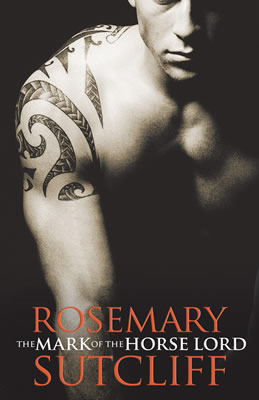
And one last one – Mark of the Horse Lord by Rosemary Sutcliff. It may be slightly dated (although you wouldn’t know it from that cover), but it tells the story of an ex slave’s rise to fame and fortune and his eventual redemption. Again can’t give you a full synopsis without ruining the ending, but suffice to say it’s about the nature of identity and honour and the ending is a shock, but makes perfect narrative sense.
